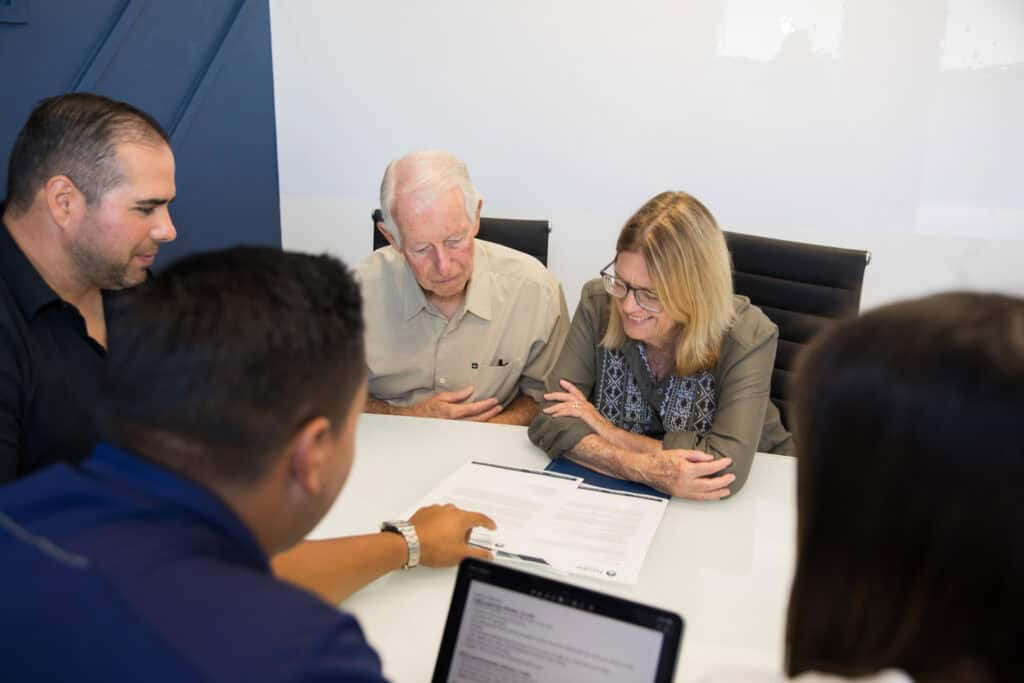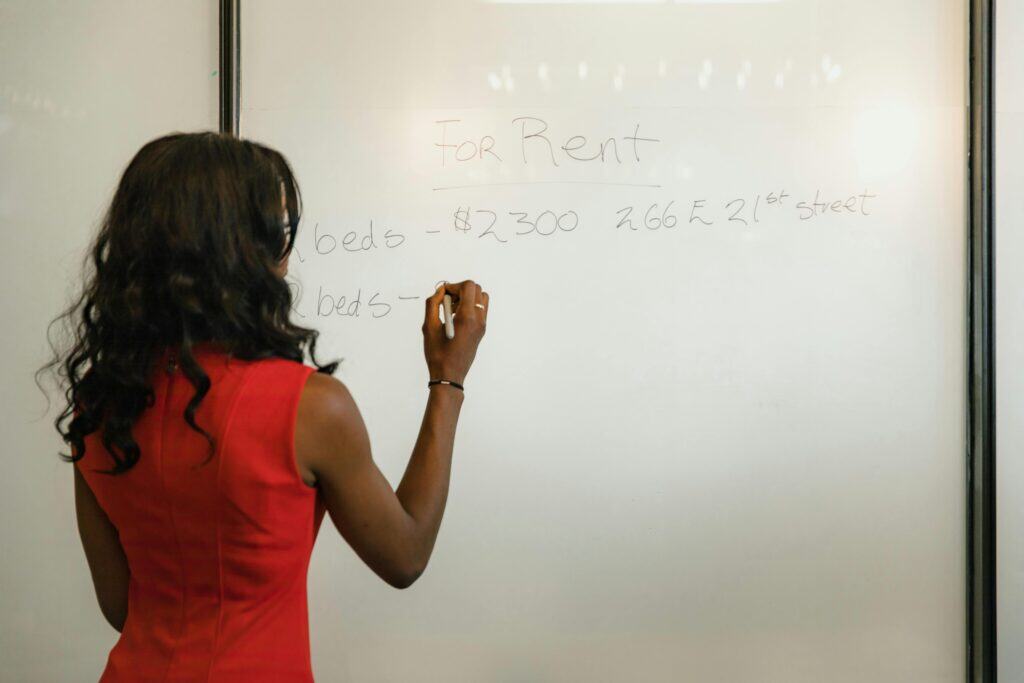Thinking of buying a rental property? You’re in good company; nearly one in five home sales last year was for an investment property. It makes sense — rental properties deliver solid annual returns. But, to paraphrase the old adage, with great returns come great responsibilities. Let’s look at a checklist of things you’ll be responsible for should you choose to become a landlord.
- Mortgage. Unless you’re in a position to plunk down all cash on a property, you’re going to have a mortgage. And no matter what other financial factors crop up — say, a tenant suddenly leaving or paying late, or an unforeseen major repair — that mortgage payment will be due each month. Keep in mind that a mortgage payment that’s over 30 days late will put a dent in your credit score. So you’ll need to consider rental income versus mortgage payments in the way most mortgage lenders do, calculating that about 25% of the rent that’s collected may go toward upkeep and account for vacancy, commonly called the “vacancy factor.”
- Maintenance. Speaking of upkeep, it’ll help if you’re handy and able to take care of some minor maintenance issues that will arise. If not, of course, there are professionals for every kind of service and repair that a rental property needs. And those needs are often highly specific; properties must comply with local and state building and health codes, and some states, California included, are stricter than others with these codes. The landlord’s maintenance obligations usually include: removing visible mold, pest control, supplying trash bins, and upkeep on things including peeling paint and clogged gutters. A landlord is responsible for structural integrity, meaning things such as no leaky roofs or broken windows, and keeping all heating, ventilation, and air conditioning systems (HVAC) in working order. Then there’s electricity, and, often the landlord’s greatest foe, plumbing. Like to leave all of that in someone else’s hands? You can hire a property manager, who usually charges between 8% to 10% of the monthly rent that’s collected.
- Utilities. As utilities impact a landlord’s bottom line, they are a top consideration and need to be outlined, in writing, in the rental agreements with tenants. You may wish to keep some utilities in your name and include them in the rent — trash removal and water are often included — or make tenants personally responsible for all utility bills. However you choose, it’s wise to consider setting up landlord utility accounts, which many utility companies offer for connection services. So, for example, when a tenant with utilities such as electricity in their name leaves and cancels that service, a landlord can restore power while showing the property to prospective tenants.
- Taxes. Tenants may live there, but it’s your place, and it’s you who the taxman wants to hear from. Taxes are a big factor in determining the profits of a rental property. As rental properties have special tax write-offs, a savvy landlord will work with a tax expert. Repairs are deductible in the year they’re made, and improvements to, and depreciation of, rental properties offer longer-term deductions. Do you travel to and from a rental property? Mileage and wear-and-tear on your car are likely tax-deductible. An office a landlord maintains at a rental property may be tax deductible, and, as with homes, landlords can deduct interest on mortgages.
- Insurance. A common misconception is that homeowners insurance covers rental properties. It doesn’t — landlord insurance does, covering a property for physical damage, rent loss over temporary inhabitability, and liability protection. Most landlord policies don’t include flood insurance or coverage in the event a tenant doesn’t pay, but these provisions can often be included as riders on the policy for an extra cost.
- Security deposits. Most landlords collect the equivalent of two months’ rent for an unfurnished residential property and three months’ rent for a furnished property. State law usually governs how these deposits are handled. In California, for example, landlords must notify tenants in advance of taking any money from a security deposit for repairs, and return the deposit within 21 days of the tenant leaving.
- Safety. While landlord insurance protects a property owner against liability for many safety-related issues, the landlord is responsible for maintaining a safe living environment and faces penalties for not doing so. Again, state law applies. For example, under the California Civil Code, a landlord is responsible for safely operating plumbing, electricity, and gas, as well as locks and security measures such as proper lighting; landlords can be held responsible for things, including break-ins, if basic safety levels aren’t met.
It’s a lot to consider. Whether you’re handling every detail yourself or getting help from a property manager, life as a landlord comes with a constant list of concerns. But with significant rewards. Beyond the monthly profits that rental properties generate, there’s a significant wealth-building benefit to owning a rental property. Will your next home purchase be such an investment?
Tired of being a landlord? AllView has the perfect solution
AllView Real Estate Management has an experienced team who can optimize everything about the leasing and management process—from start to finish. At AllView, delivering exceptional real estate management experience is our obsession. AllView Real Estate is Southern California’s premier property management and investment firm focusing on properties located across coastal counties. Whether it be residential property management, multi-family property management, or commercial property management- we do it all. We handle leasing, accounting, tenant screening, personalized marketing, maintenance, renovation consulting, eviction management, and more, so you don’t have to. We offer not only exceptional property management, but also real estate investment consulting and management. Call us at (949) 400-4275 or send us an email at info@allviewrealestate.com for real estate investment expertise.



